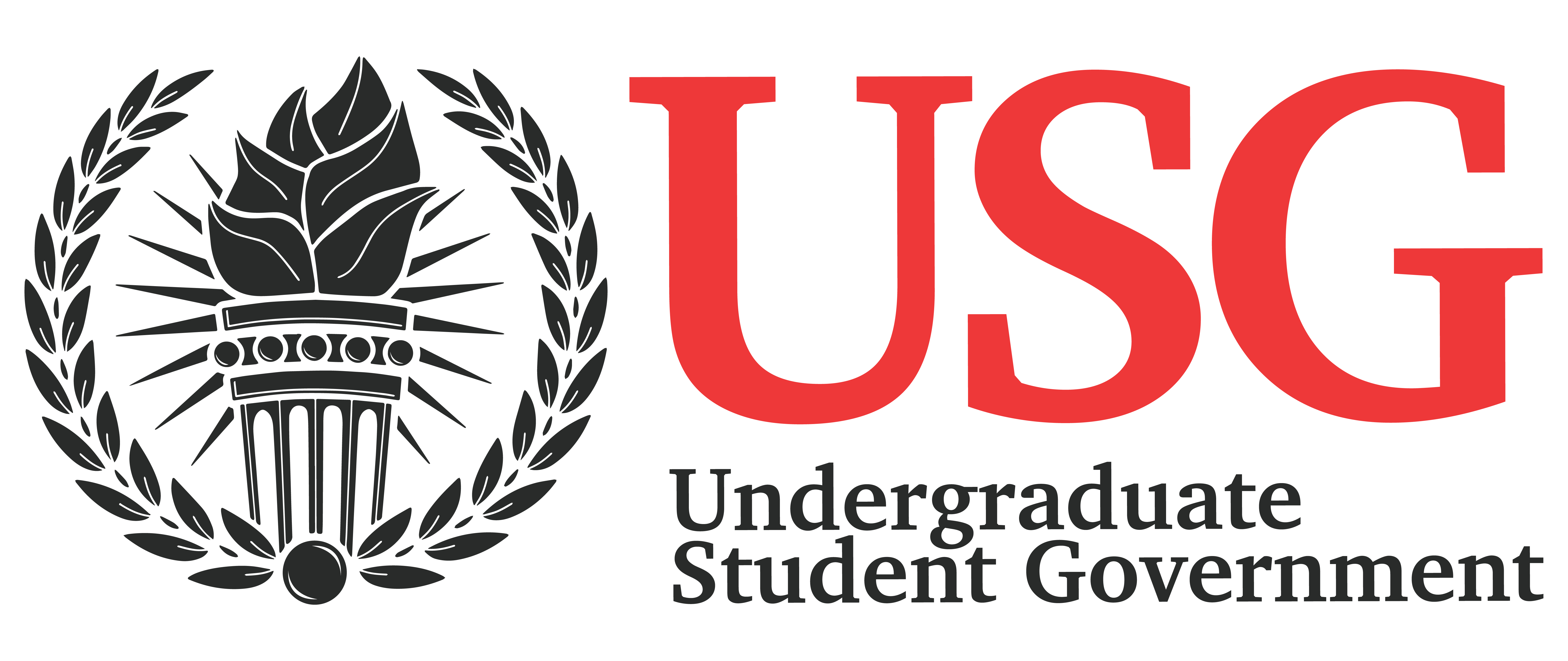Higher-education groups representing virtually all the colleges and universities in the country now want to “make sure we match that flexibility on the other end,” said Ted Mitchell, president of the American Council on Education, one of the groups leading the advisory. Students applying for graduate school or honors or a transfer should not be penalized, he said.
“Transcripts will look different as a result of this,” Mitchell said. The sooner colleges can make clear what their policies will be in response, he said, “the sooner we’ll be able to quell some of the anxiety out there.”
Student leaders from more than 140 schools, representing more than 2 million students, sent a letter Wednesday asking that graduate schools, scholarships and others adapt their policies this spring to recognize the difficulties imposed by covid-19. They asked schools to evaluate all applications with the pandemic in mind. They urged them not to penalize students who were required, or chose, to take classes pass-fail. They asked that offers not be rescinded solely because of grades earned this spring. And they encouraged easing grade-point-average and standardized-testing requirements and using a more holistic evaluation system.
If grad schools and employers give greater weight to letter grades, students will feel forced to opt into traditional grades if given a choice, said William Zhou, one of the organizers of the effort and president of the undergraduate council of students at Brown University. “We wanted to emphasize that oftentimes the students who would be more likely to choose a pass/fail would be those most affected by covid.”
They sent the letter to organizations such as the Association of American Universities, the American Council on Education, the Association of American Medical Colleges and the Council of Graduate Schools, prominent employers and prestigious scholarship programs, with hopes that even the most competitive programs would accept, without penalty, a “pass” on an undergraduate transcript this spring.
With students uprooted from dorms and confronting issues such as caring for family members, financial strain, illness and anxiety, “this semester is not representative of students’ best work,” said Anna Margaret Clyburn, the incoming student body president at Rice University, speaking by phone from home in North Carolina.
The students quickly received reassurances from a leader of the Rhodes Trust, which gives out prestigious Rhodes scholarships.
“While we have always assessed applicants for Rhodes Scholarships with highly individualized care and consideration of far more than grades,” Elliot Gerson, American secretary of the Rhodes Trust, wrote in an email to Zhou, “we plan to ask all Rhodes selectors to be especially flexible and understanding with respect to Spring semester grades, including acceptance of pass/fail grades without any negative weight or assumptions.”
The group will also effectively liberalize their minimum GPA policy, Gerson wrote, to ensure no one loses eligibility for Rhodes scholarships because of the outbreak.
On Thursday, the presidents of several leading higher-ed associations — including the Association of American Universities, the American Council on Education, the American Association of Community Colleges, the American Association of State Colleges and Universities, the Association of Public and Land-grant Universities, and the National Association of Independent Colleges and Universities — announced new principles guided by flexibility and compassion for students. The groups emphasized holistic evaluations taking into account the wide range of circumstances students are encountering and clear communication of expectations.
They also urged schools to act quickly to clarify their policies, since many students must make decisions in the coming days about things such as whether to opt out of letter grades.
Suzanne Ortega, president of the Council of Graduate Schools, said she agreed with almost all of the points in the students’ letter — particularly with the idea that an applicant should be judged on an entire package of information rather than a single piece of evidence. Some universities have issued statements emphasizing holistic file review, she said.
The University of California at Berkeley announced it would take the disruptions from the pandemic into consideration as part of its review and would not penalize students for pass/fail or other grading options during this time.
Some schools have asked applicants to address the impact of the outbreak on their lives and their academics when they apply, Ortega said.
Individual institutions determine their admissions policies, she noted. But the council would encourage schools to evaluate applicants with the pandemic in mind, she said, and not penalize them.
Geoffrey Young, senior director of student affairs and programs for the Association of American Medical Colleges, said in a written statement that the organization has advised schools to review its admissions policies and is developing resources for schools to understand the impact of alternative grading policies.
“It will be up to each medical school to make its own decisions regarding how to review applications,” Young wrote, “and we encourage admissions committees to review each application holistically and to be flexible in its selection process given the impact that COVID-19 has had on this country and across the medical education community.”
###
More information about this initiative, along with a complete list of student governments involved in these efforts, can be found here: https://covid19letters.

